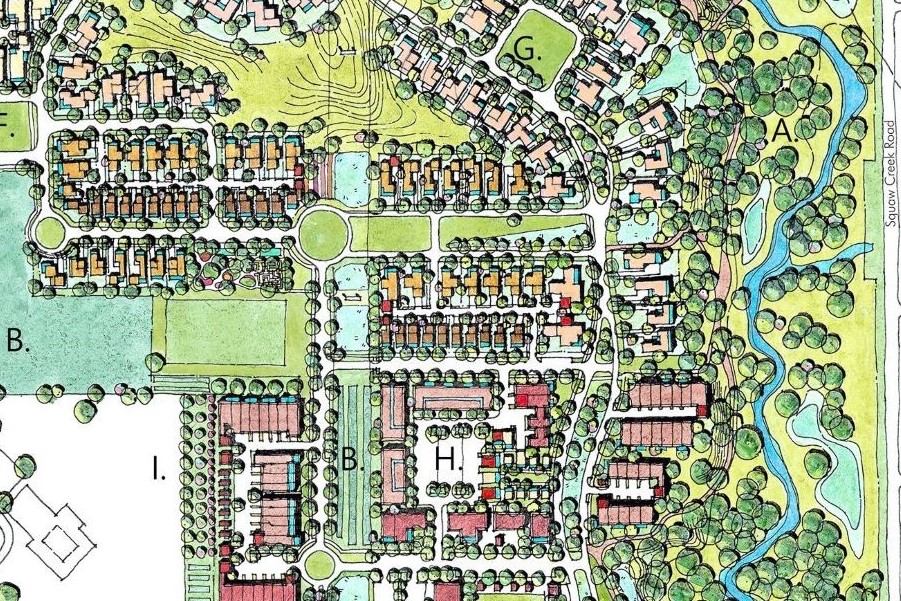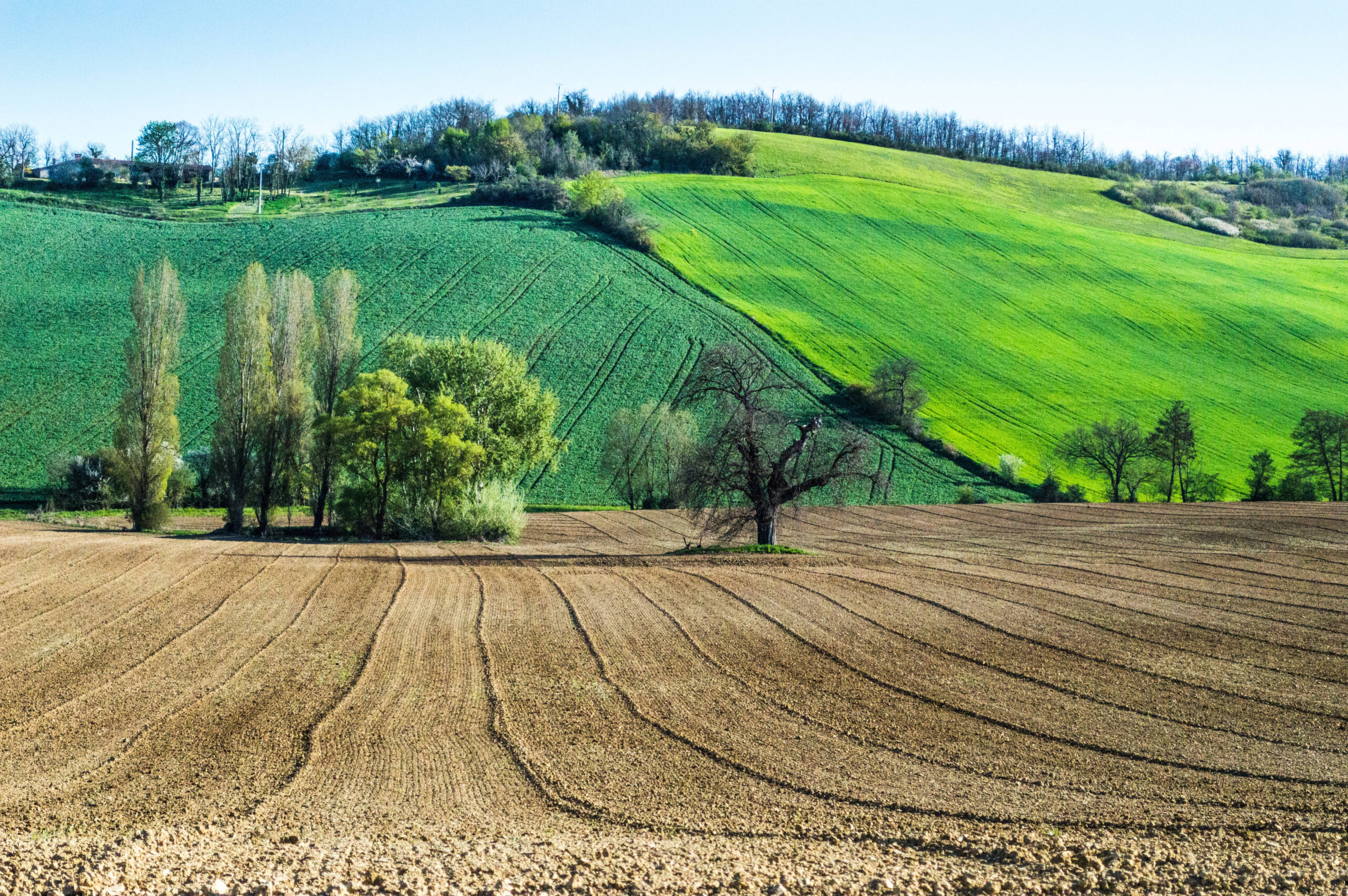by Twenty40 Companies
Share
by Twenty40 Companies
Share

What is an Agricommunity?
An agricommunity, short for agricultural community, is a development concept that combines residential living with agricultural elements. It’s a community where people live and work on or near agricultural land, often participating in farming, gardening, or other agricultural endeavors as part of their daily lives.

Agricommunities can vary widely in scale and scope. Some may be small, rural communities where residents grow their own food or engage in small-scale farming practices. Others may be larger developments or planned communities where agriculture is integrated into the design and infrastructure, with communal gardens, farms, or orchards providing food for residents.
Why is an Agricommunity a Twenty40 Building Concept?
There are several reasons why agricommunities are important:
Food Security
Agricommunities promote local food production, reducing dependence on long-distance food transportation and enhancing food security for residents. By growing food locally, agricommunities can ensure a steady supply of fresh, nutritious produce for residents, even in times of global food shortages or disruptions.
Sustainability
Agricommunities often prioritize sustainable agricultural practices, such as organic farming, permaculture, or regenerative agriculture. By minimizing chemical inputs, conserving water and soil resources, and promoting biodiversity, agricommunities can minimize their environmental impact and contribute to a more sustainable food system.
Community Building
At Twenty40 we’re all about community building. Agricommunities foster a strong sense of community among residents who share a common interest in agriculture and sustainable living. Working together on farming or gardening projects can strengthen social connections, promote collaboration, and create opportunities for learning and skill-sharing.
Health and Well-being
Engaging in agricultural activities can have numerous health benefits, both physical and mental. Gardening and farming provide opportunities for physical activity, outdoor recreation, and connection with nature, which can improve overall health and well-being for residents.
Economic Development
Agricommunities can stimulate economic development by creating opportunities for entrepreneurship, job creation, and local economic activity related to agriculture. By supporting local farmers, producers, and businesses, agricommunities can help bolster the local economy and create a more resilient community.
In conclusion, agricommunities offer a holistic approach to sustainable living, integrating agriculture, community, and environmental stewardship to create vibrant, resilient, and healthy communities.
Our latest project, The Dows Farm and AgriCommunity in Linn County, Iowa is just that. This 485 Acre development had been designated an Urban Revitalization project, and an exciting one at that. Not only will this one-of-a-kind community feature a working farm that provides crops to its residents, but it will also feature 88 acres of conservation land, trails, nearly 400 dwelling units, over 40,000sf of commercial space including a farm-to-table style restaurant and event center, and so much more.
To learn more and to sign up for project updates visit the Twenty40 Building Concepts website.
STAY IN THE LOOP
Subscribe to our free newsletter.
Iowa Housing Market Conditions
How AI is Transforming the How We Buy, Sell and Build Homes in Iowa





